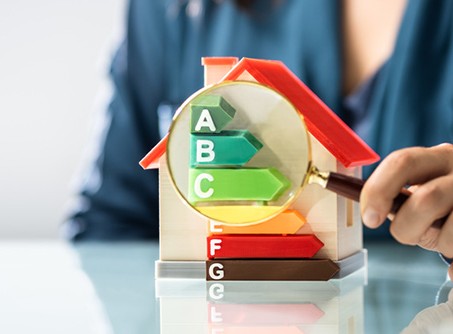Non-conformity and hidden defects when purchasing a property
Buying a home is one of the biggest decisions in your life. Given the overheated housing market, bidding wars, and the speed at which a purchase decision must be made, it is entirely possible that you had more time to consider your decision when buying a vacuum cleaner or an espresso machine. It is not uncommon for buyers to experience a rude awakening after purchase: a leaking roof, a floor on the verge of collapse, or mould-covered ceilings. Stories of buyers discovering so-called hidden defects in their property after purchase are frequent.
In legal disputes, buyers often invoke the non-conformity of a property. In this article, I will discuss the legal implications when there is a potential case of non-conformity concerning your home.
What Is the Meaning of Non-Conformity?
According to Dutch law, a property must comply with the agreements made at the time of purchase. A property does not meet this requirement if, considering the nature of the property and the information provided by the seller, it lacks the characteristics that a buyer could reasonably expect.
As a buyer, you may expect that:
- The property is suitable for normal use, such as safe habitation.
- The property has no defects that you were not required to expect as a buyer.
A defect may involve either:
- The absence of expected characteristics, or
- The presence of undesirable characteristics.
What Does ‘Normal Use’ of a Property Mean?
The term "normal use" is interpreted objectively—it is based on what is generally considered normal, not on what you personally consider normal.
According to established case law, normal use means that the property must:
- Be safe to inhabit.
- Be sustainably usable.
- Not be affected by defects that fundamentally impair living enjoyment.
However, what qualifies as "normal use" depends on specific factors such as the age and condition of the property.
Buyer’s duty to investigate
As a buyer, you have a duty to investigate. This means that you must reasonably examine the property for possible defects. If you fail to do so, it will be difficult to make a claim afterwards.
What is expected of you under this duty depends on the circumstances:
- If the property is old, it is advisable to commission a structural survey.
- If you notice signs of an issue (e.g., damp patches), you must investigate further.
- If you fail to act when it would have been reasonable to do so, you may find it difficult to hold the seller liable.
Seller’s duty to disclose
The seller has a duty to disclose known defects. This duty is based on principles of reasonableness and fairness - if the seller is aware of a defect that could influence your decision to buy the property, they must disclose it.
Whether this duty to disclose applies depends on:
- The expertise and professionalism of both parties.
- The buyer’s ability to conduct investigations.
Buyer’s duty to investigate vs. Ssller’s duty to disclose: who is responsible?
What happens if neither party fulfils their obligations? For example, if the buyer fails to conduct sufficient investigations, while the seller withholds important information?
The Dutch Supreme Court has ruled that the seller’s duty to disclose generally outweighs the buyer’s duty to investigate. This means that, in most cases, the seller is liable if they fail to disclose a known defect, even if the buyer did not fully investigate the property.
Exceptions to this rule are rare and are mainly intended to protect buyers from hidden defects when purchasing a home.
What does the purchase contract say about liability for non-conformity?
In the Netherlands, property transactions often use the NVM model contract. This contract may contain clauses that limit the seller’s liability, such as:
- Exclusion clauses, which limit the seller’s responsibility for defects.
- Warranty provisions, which may guarantee certain aspects of the property.
These clauses can impact:
- What a buyer could reasonably expect from the property.
- Whether the seller can be held liable for non-conformity.
For this reason, it is crucial to review the purchase contract carefully before signing.
Want to learn more about non-conformity or hidden defects in a property?
Whether a seller is liable for hidden defects depends heavily on the specific circumstances of the case. Are you dealing with a legal dispute over hidden defects in a property? Do not hesitate to contact me or one of the other real estate lawyers. We are happy to assist you.






